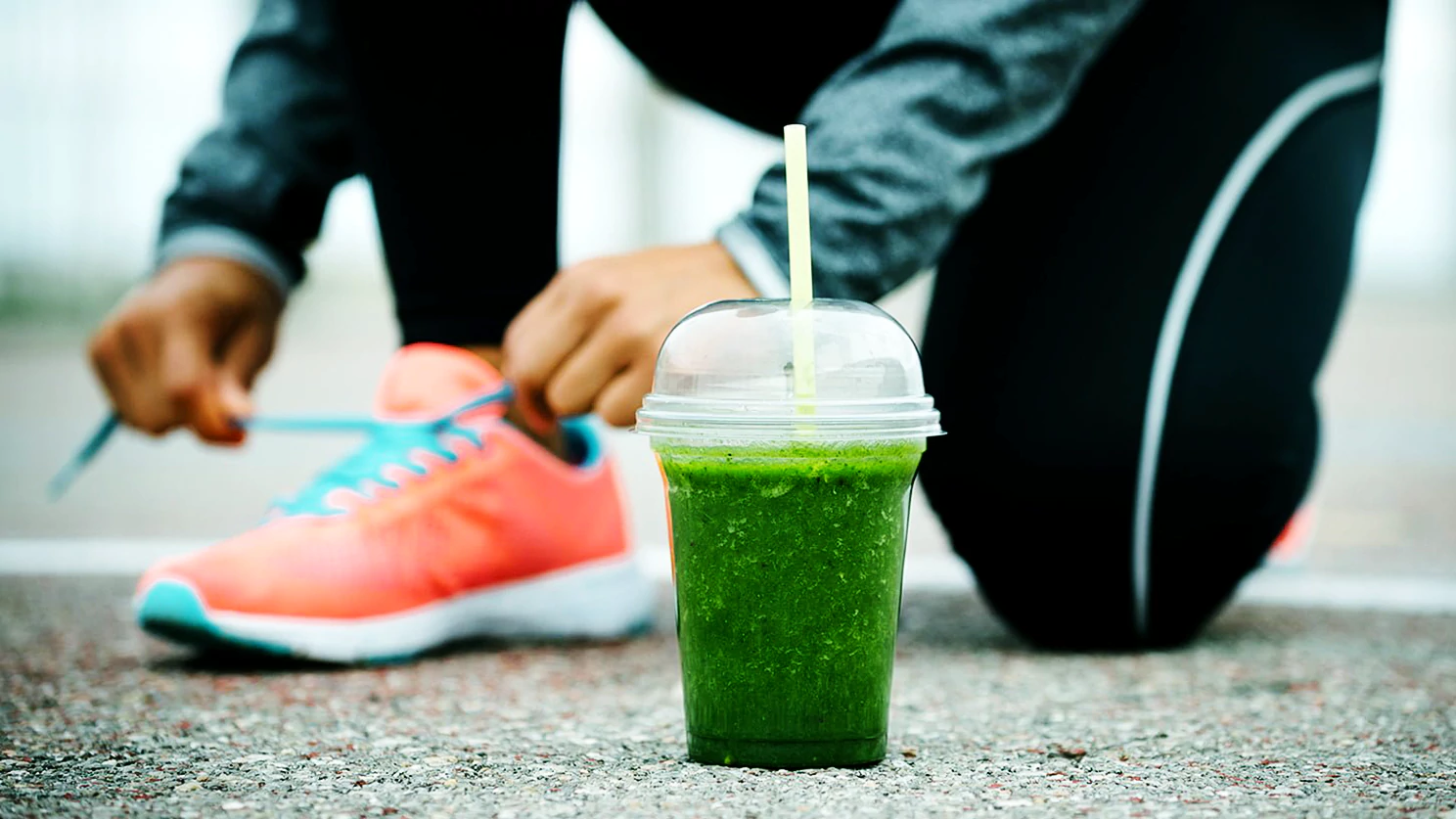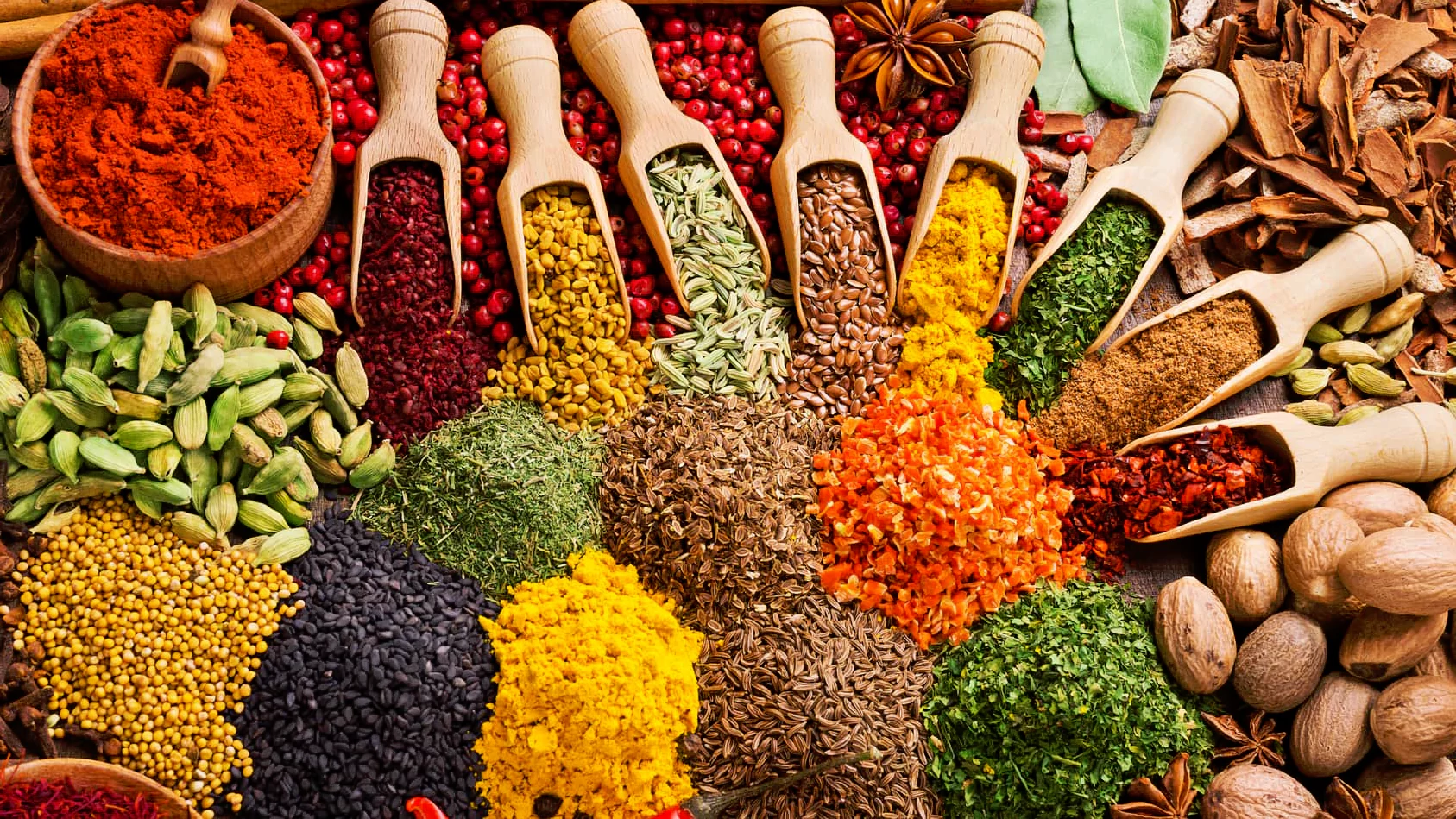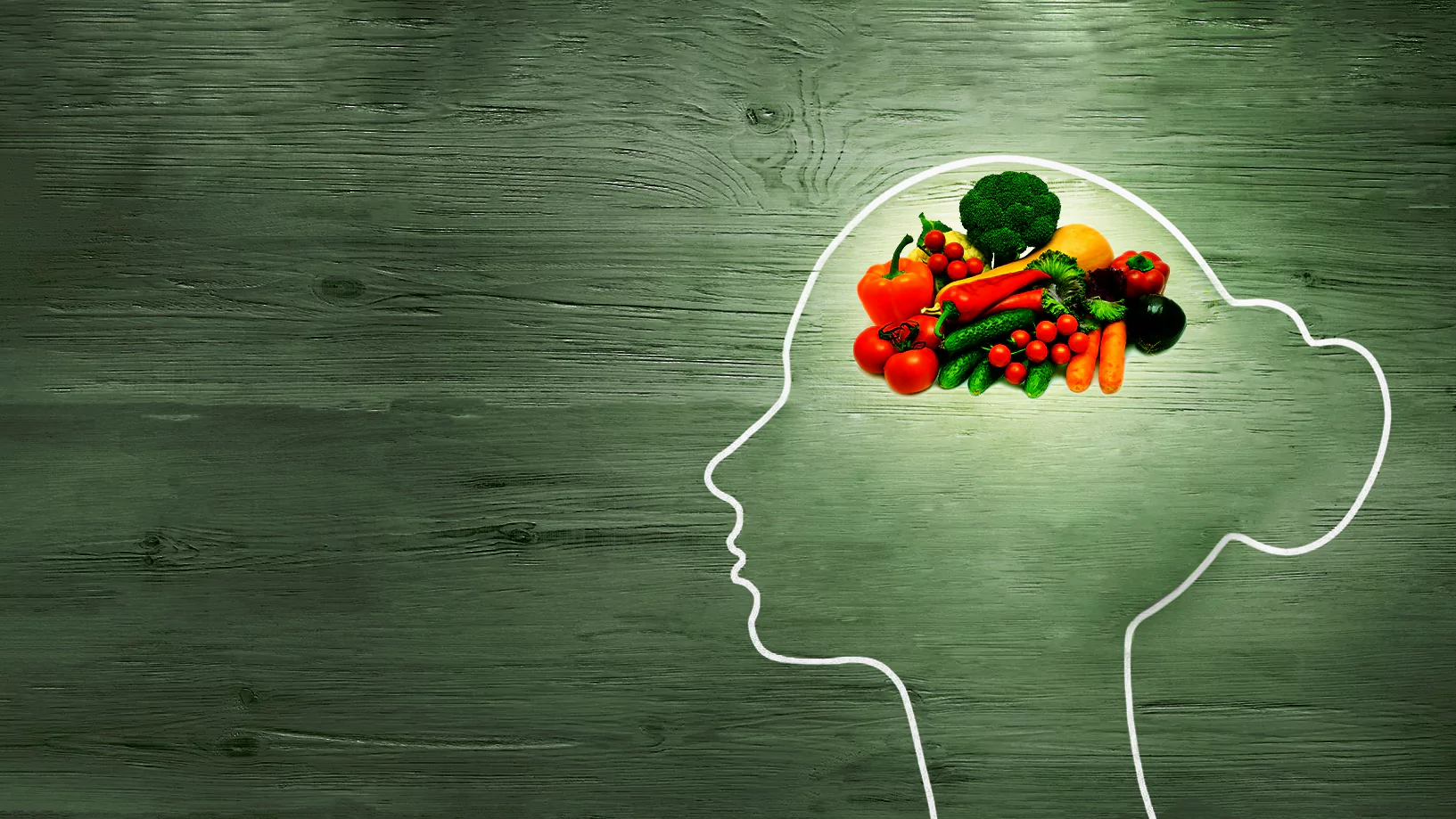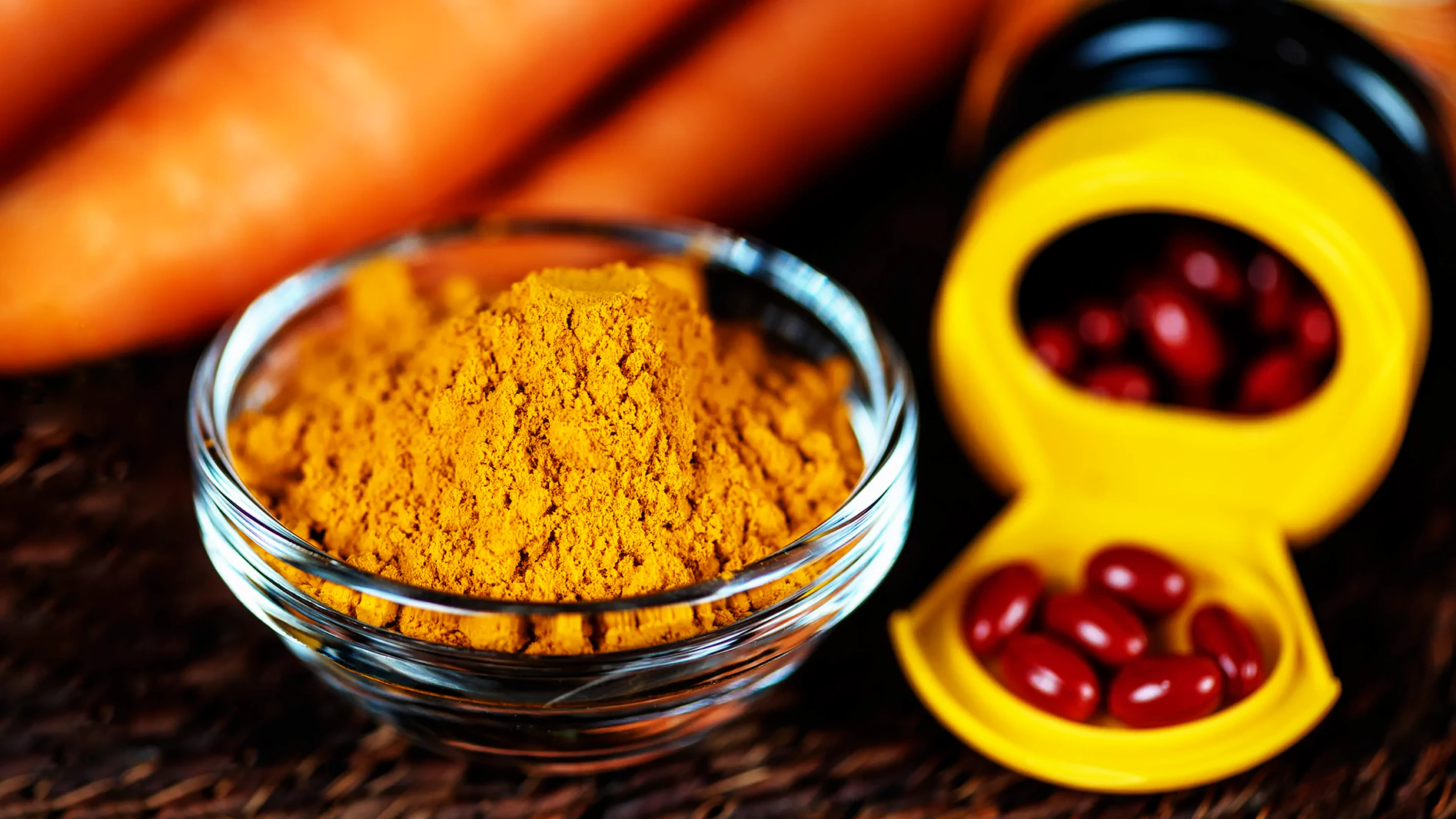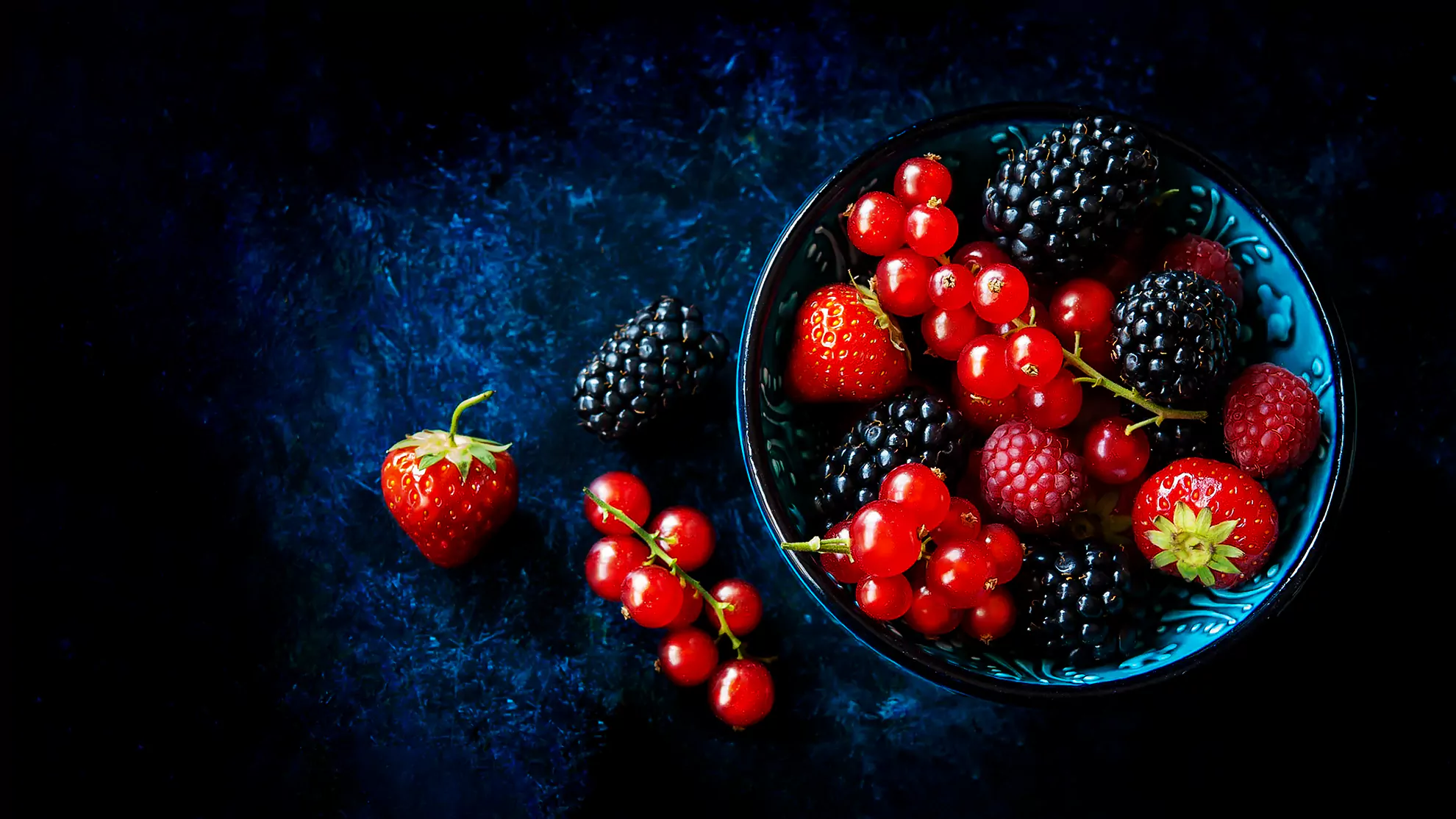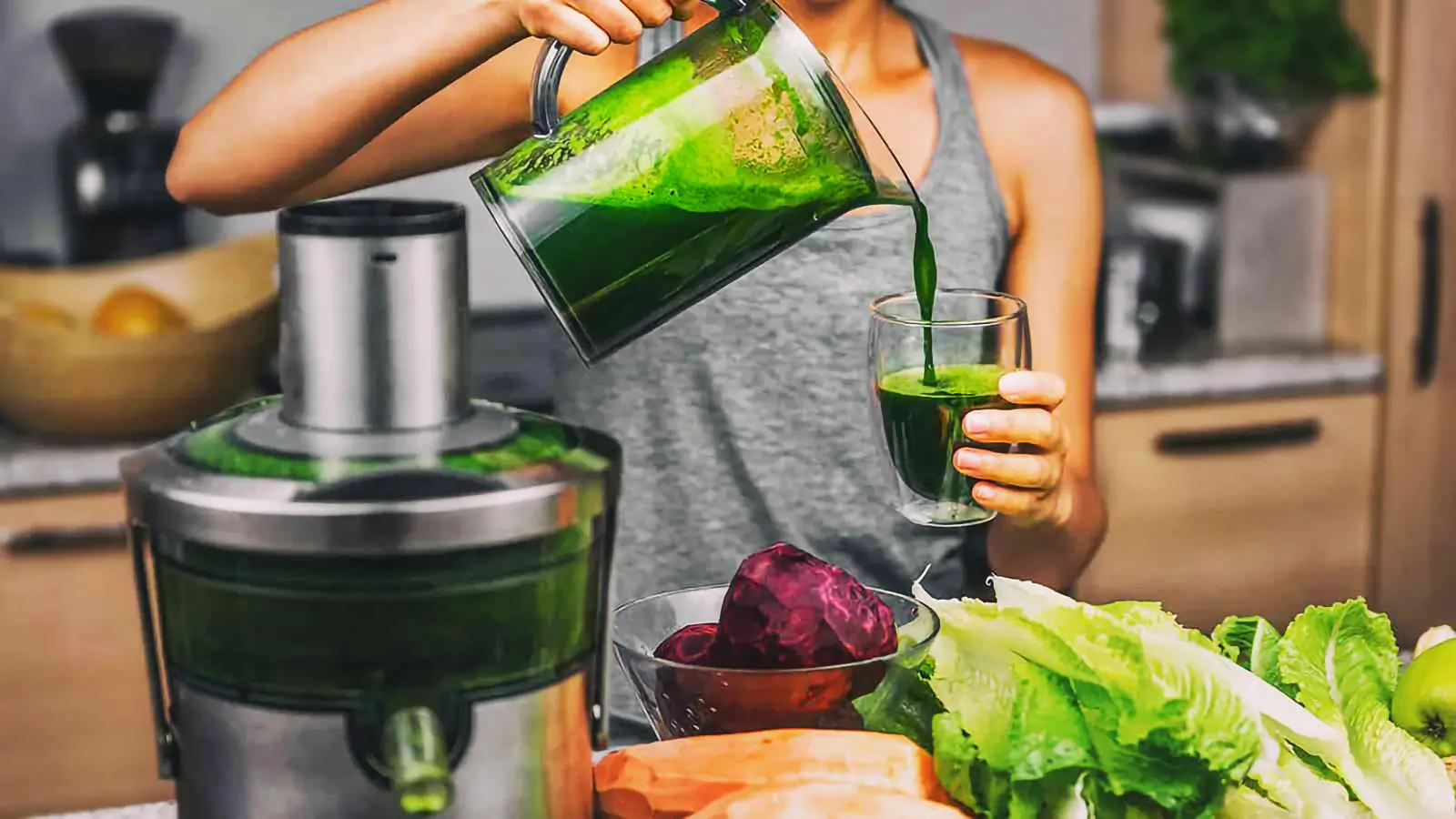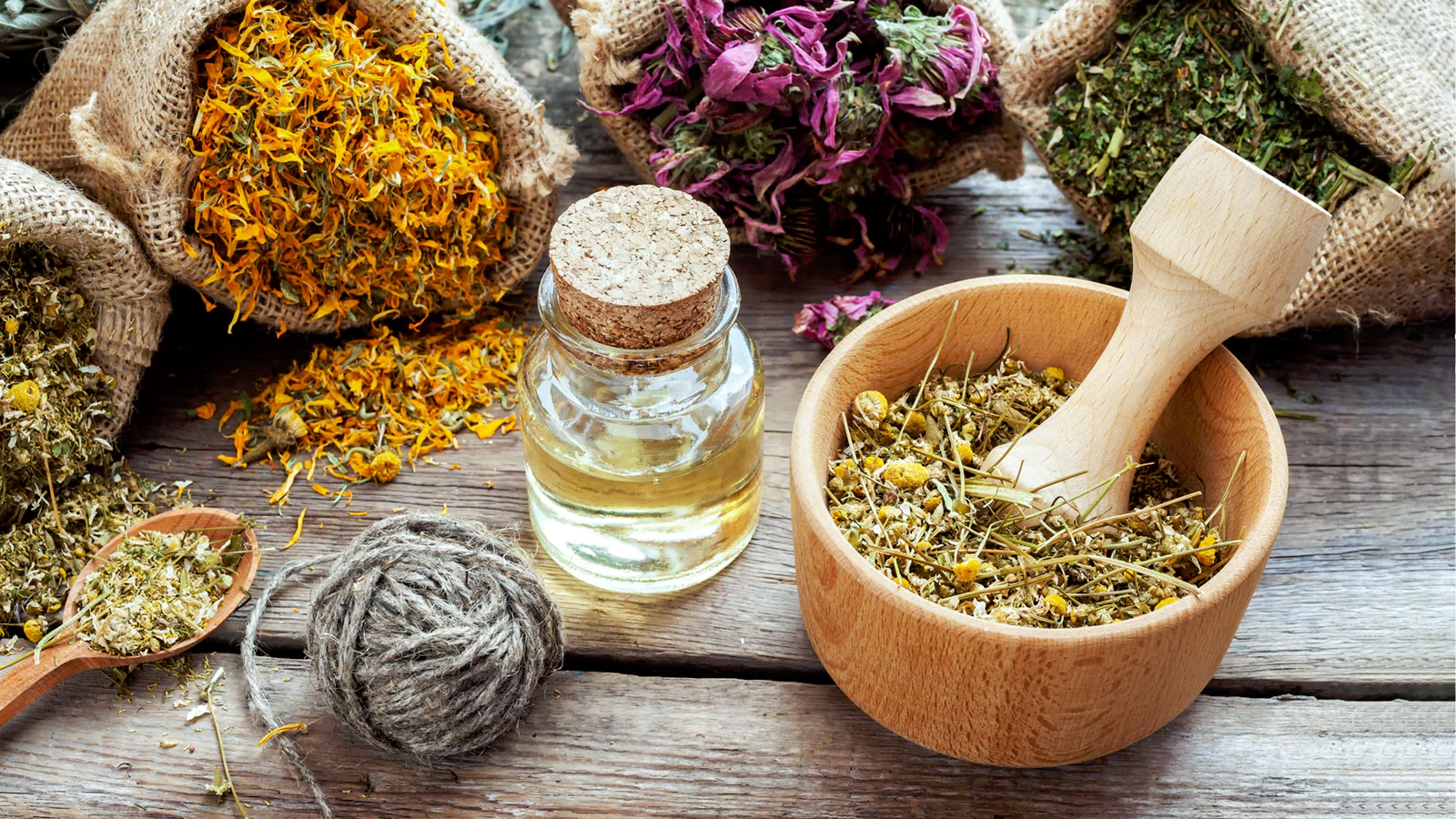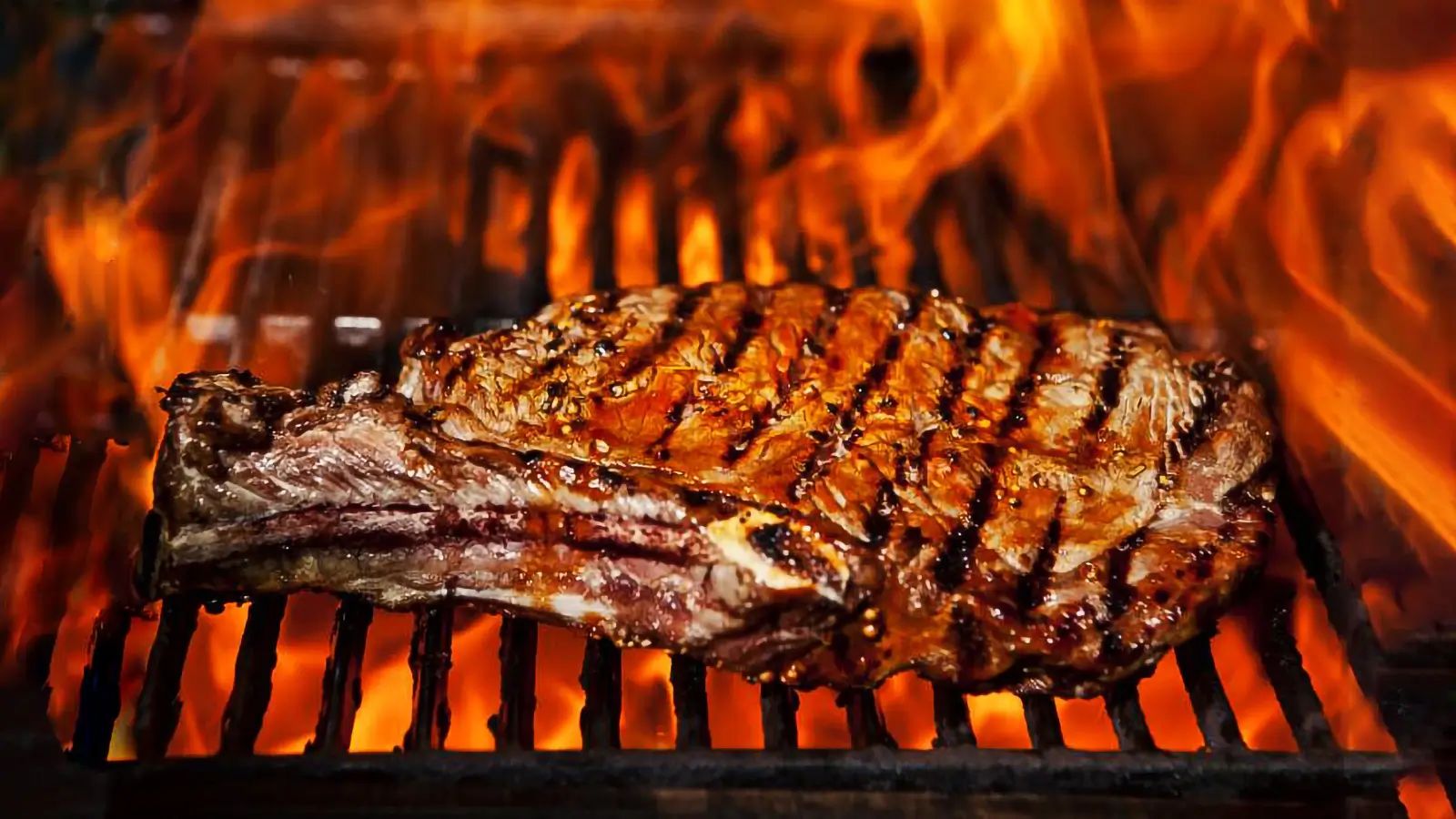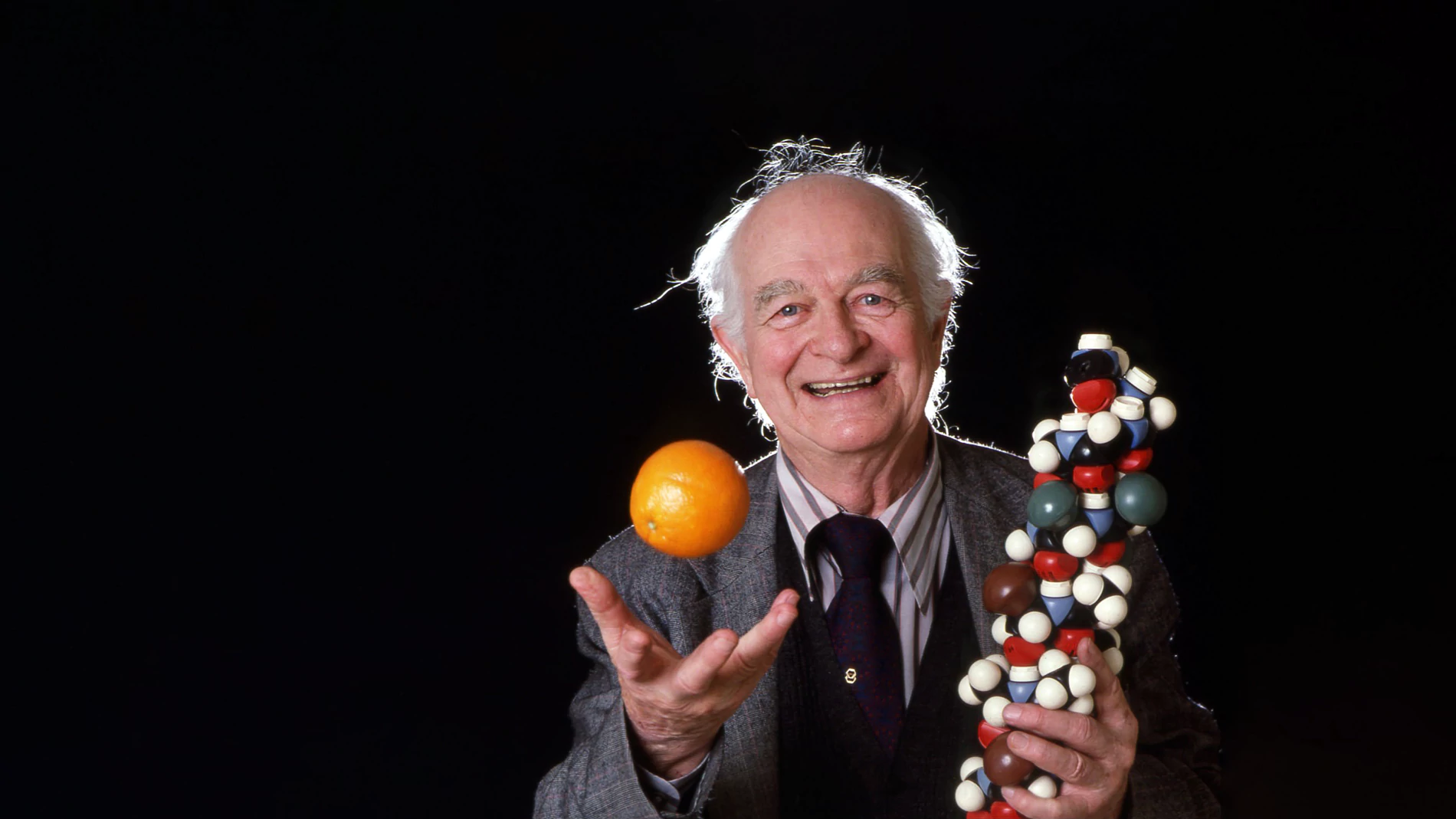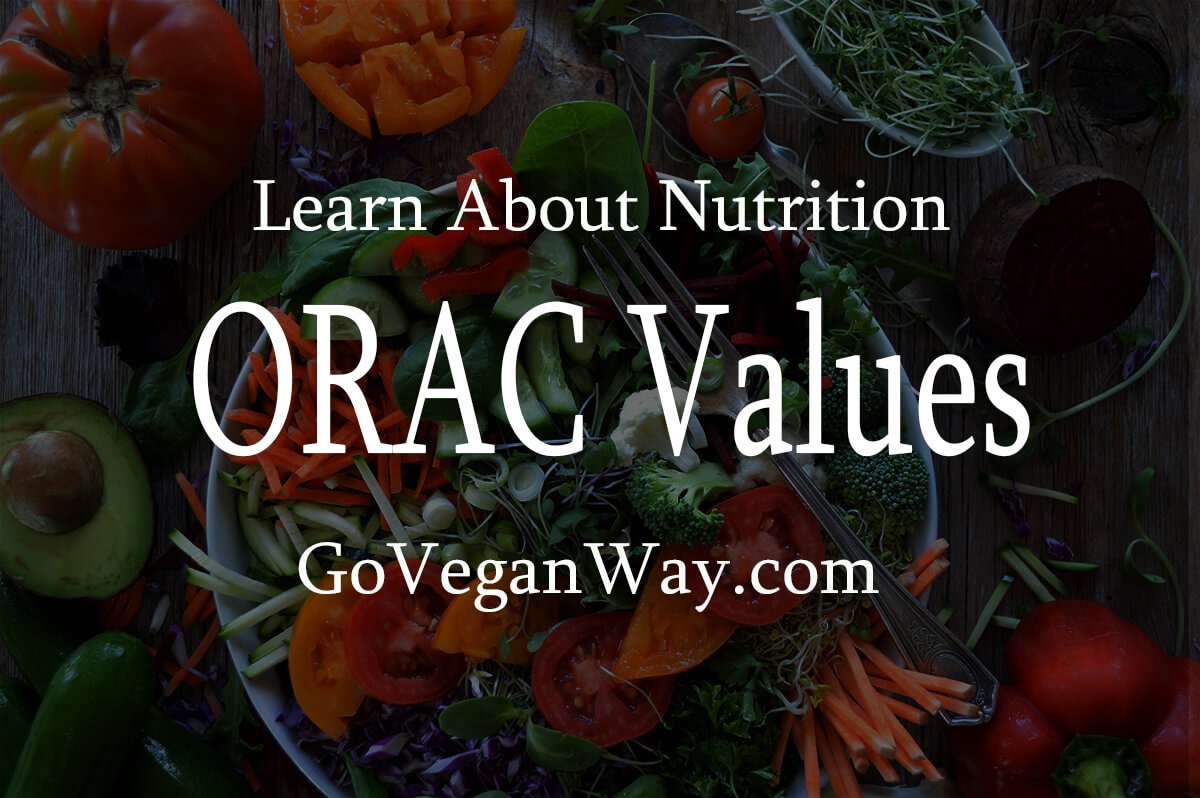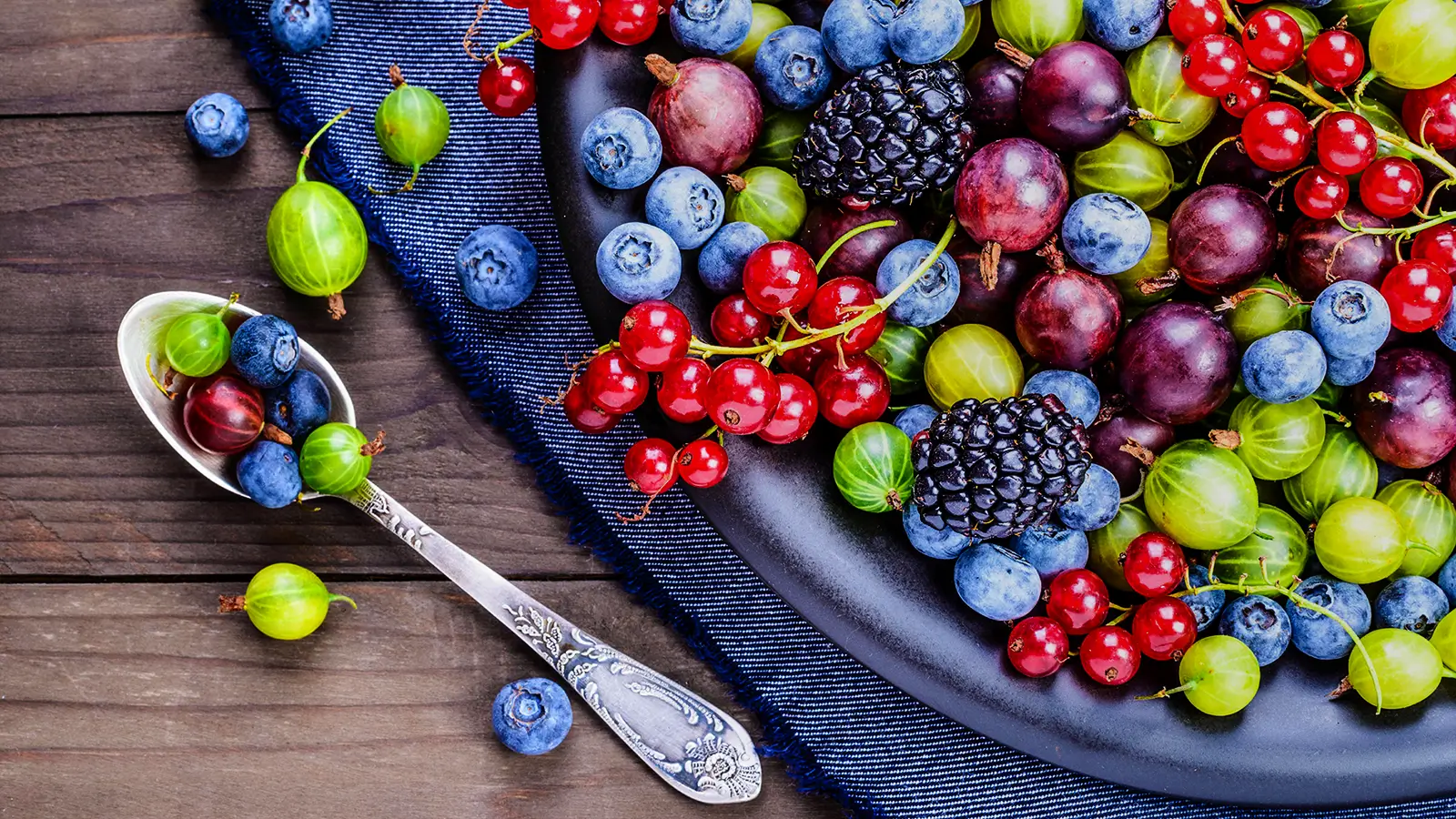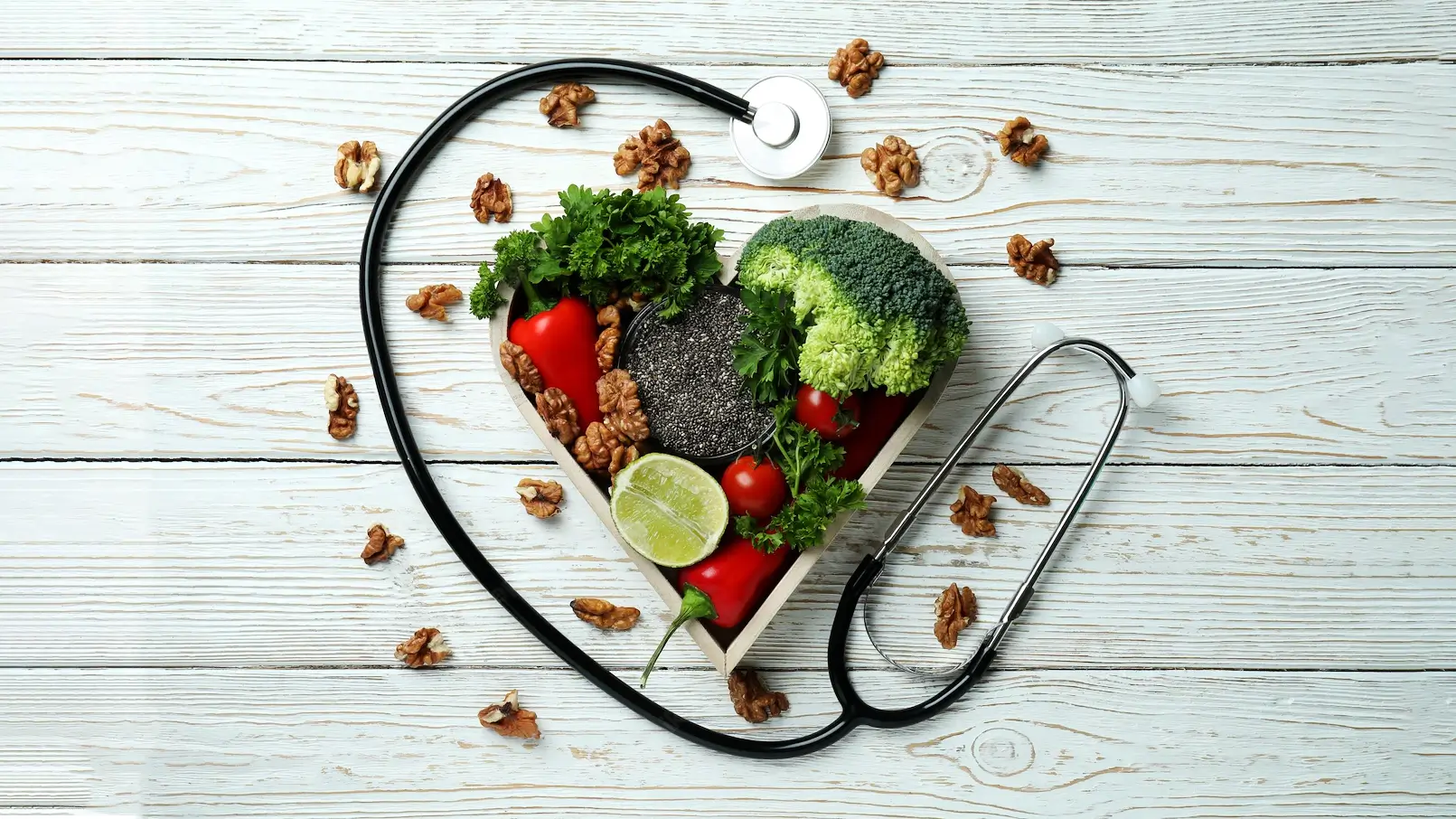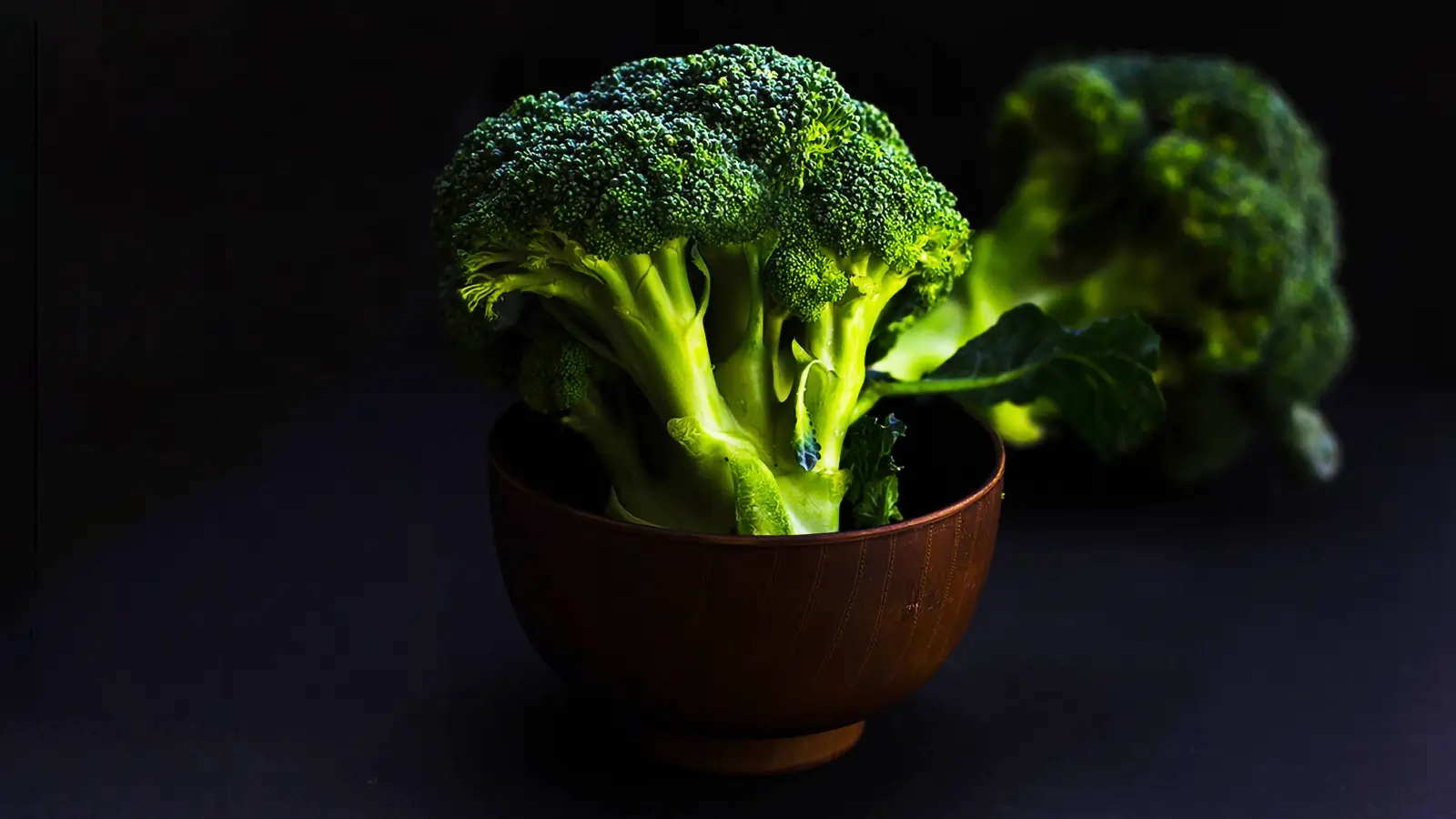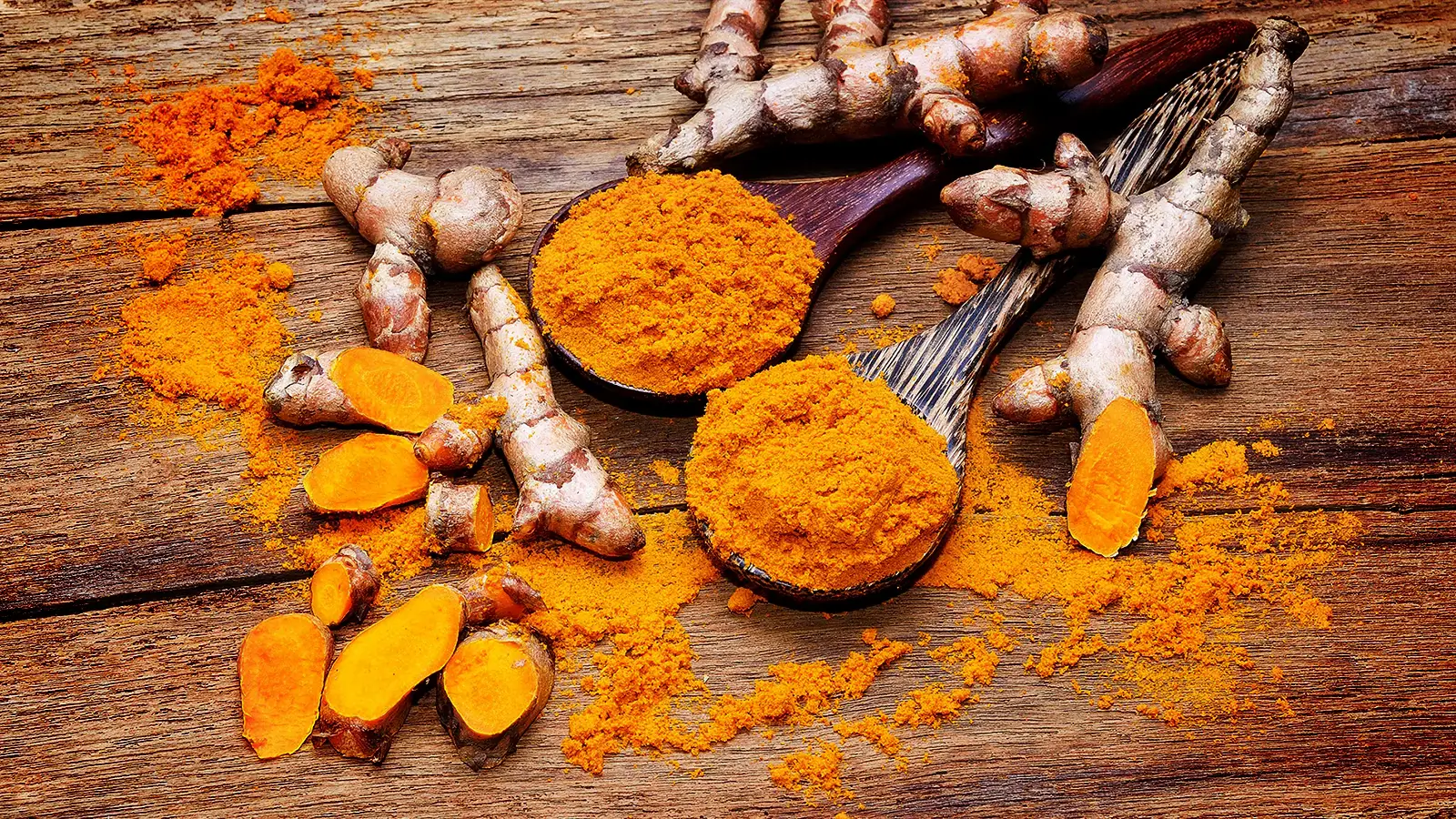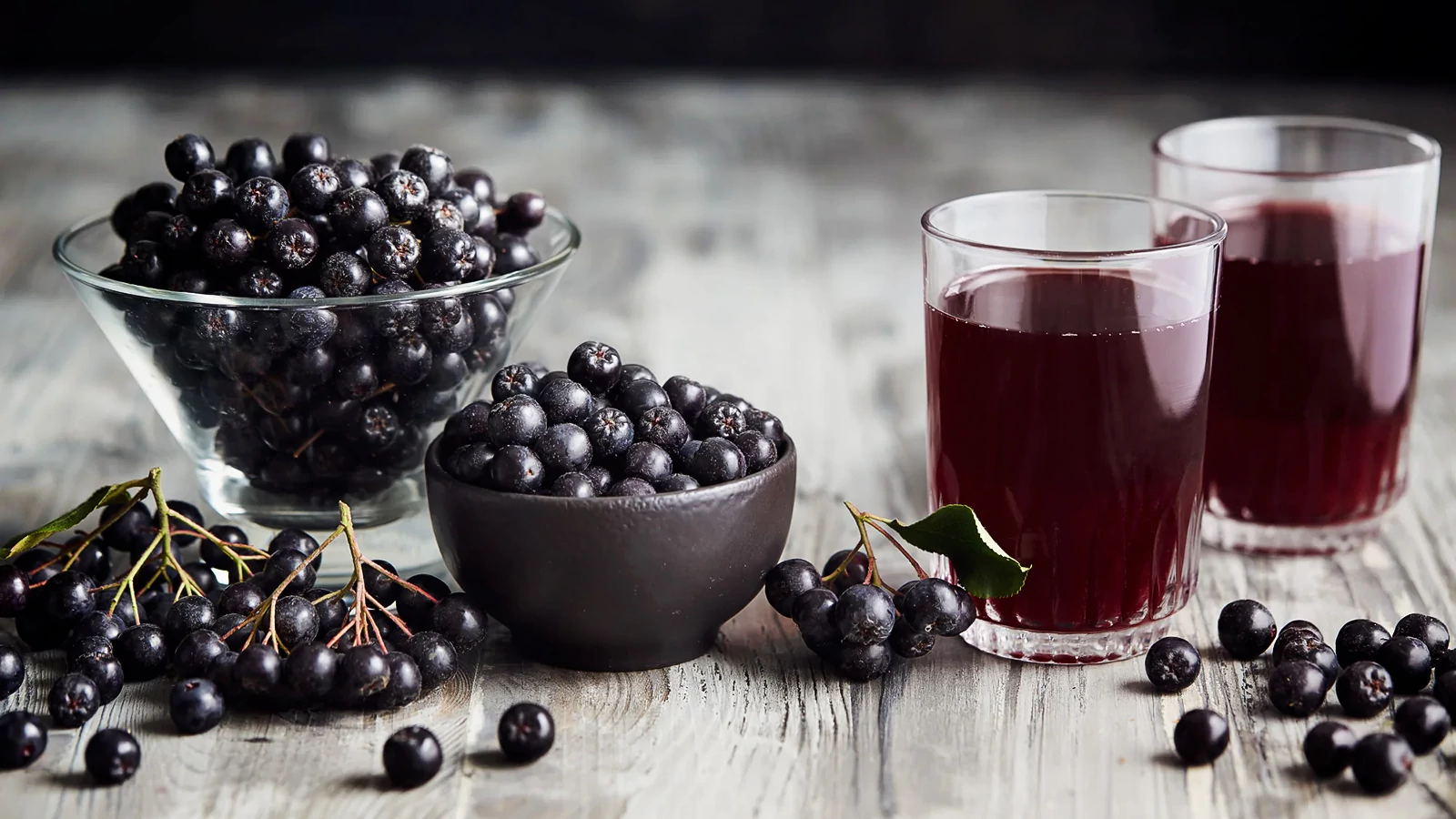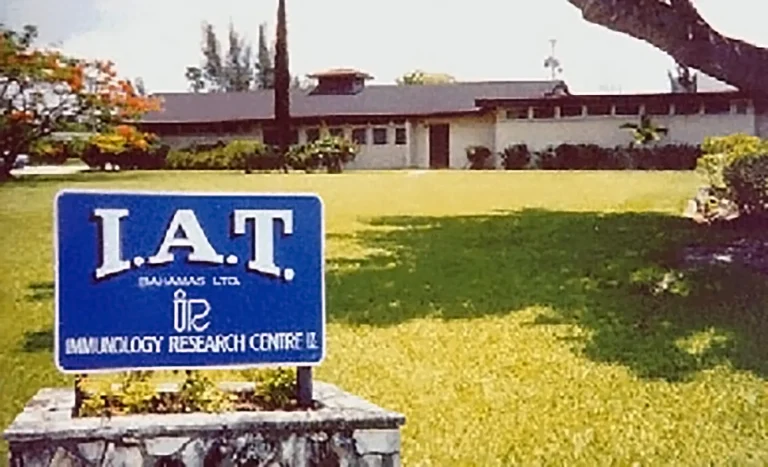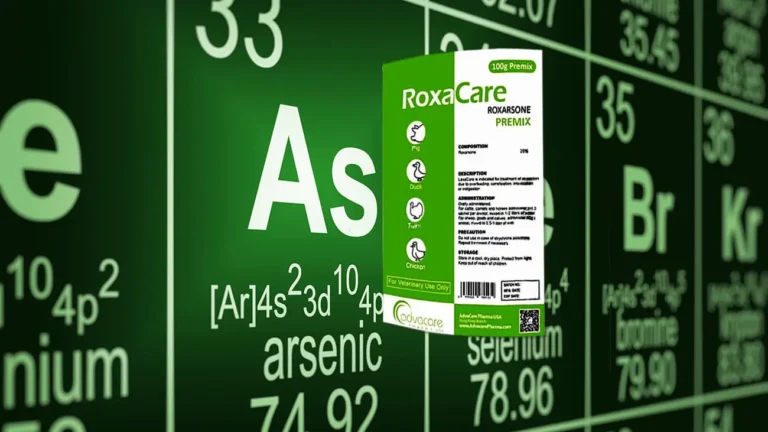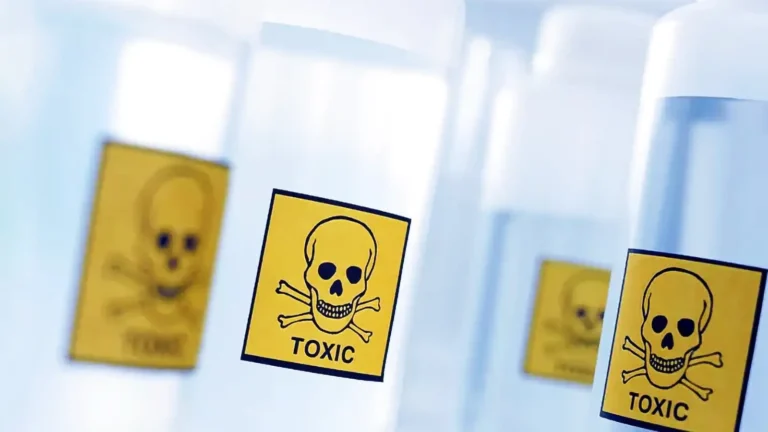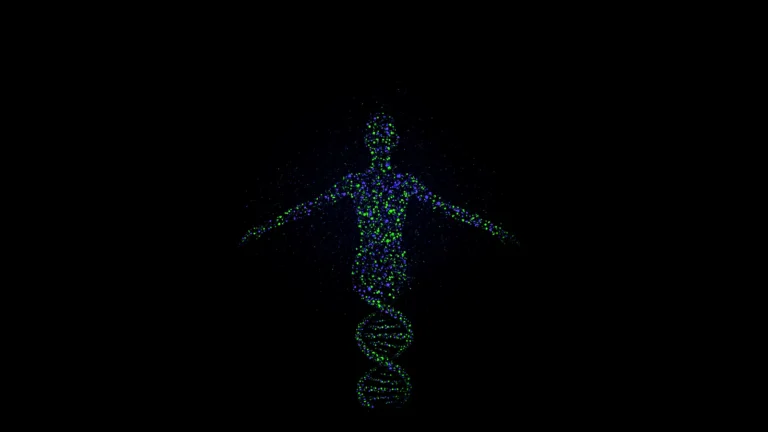Antioxidant Supplements vs Whole Foods: Paying to Live a Shorter Life
Antioxidant supplements do not show the observed health benefits of diets rich in fruits and vegetables while vitamin E, selenium, beta carotene, lycopene show an increased risk of cancer.
Milos Pokimica
Written By: Milos Pokimica
Medically Reviewed by: Dr. Xiùying Wáng, M.D.
Updated June 10, 2023Key Takeaways:
– While there are many different types of antioxidants, some of the most important include vitamin C and vitamin E.
– Antioxidants are important for preventing chronic diseases, but it’s best to get them from whole food sources rather than supplements.
– Taking extracted phytochemicals as supplements can be problematic as they do not work synergistically with other compounds found in whole food sources.
– Some extracted phytochemicals can be harmful without the synergy of other compounds in whole foods. For example, beta-carotene and lycopene taken as extracted supplements have been shown to increase cancer risk instead of lowering it.
Antioxidant vitamins.
There are thousands, of different phytochemicals and other substances that can act as antioxidants. The most biologically important one for all life on the planet is vitamin C and vitamin E. Most species and most of the omnivore and all carnivore species produce their own vitamin C in the liver. These pigments act as protection against oxidation and UV radiation in plants and all have biological action in a similar protective way in animals. The most important pigment is beta-carotene which our body uses to produce vitamin A but there are also other related carotenoids, along with the minerals that have antioxidative properties like selenium and manganese. They’re joined by glutathione, coenzyme Q10, lipoic acid, flavonoids, phenols, polyphenols, phytoestrogens, and many more.
As a herbivore species with more than 50 million years of plant-eating background, our physiology adapted to a high consumption rate of these naturally occurring antioxidants because in nature, food is a package deal. To get to the energy we had to consume all of the chemicals that exist in that food source. Our modern diet has completely shifted from our natural diet and the diet of all living primates today. The problem is that there are no phytochemicals in animal food sources and as such antioxidant capacity of animal food is more than 60 times less powerful than plant-based food and this is at the average level. This does not incorporate all of the other inflammation-promoting effects of meat consumption that you can read more about in correlated articles. There are no antioxidants in refined products as well. The situation is so bad that in the standard American diet number one source of antioxidants today is coffee.
Although not all antioxidants are essential like vitamins like vitamin C or vitamin E they are also important and lacking adequate intake of ORAC value in combination with other dietary factors leads to the formation of chronic diseases.
The reductionist mentality of profit-driven allopathic medicine with patenting and most of the population that do not want to change their addiction patterns to supernormal stimulation from food had created a market demand for supplemental extracted antioxidant formulations as prevention not just from cancer but for most of the diseases of affluence.
These strategies are effective in some cases especially if we accepted the fact that most of the population will essentially never change their dietary patterns of addiction.
Antioxidant properties.
The first problem scientifically arises because “antioxidant” is in reality just a chemical property, namely, the ability to act as an electron donor.
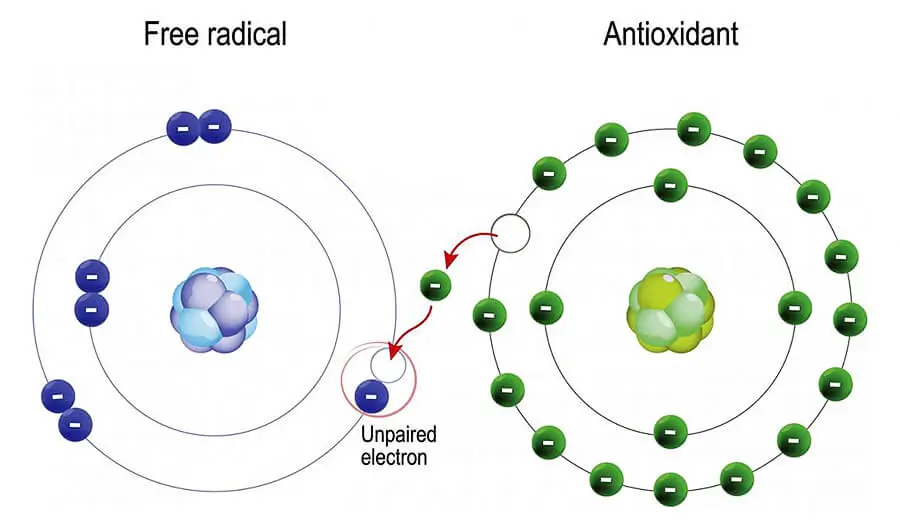
Most of the antioxidants that lose their electron to more aggressive substances still want their electron back. Some antioxidants in one situation may be pro-oxidants in a different situation. This is proven to be damaging in some situations even more than if we just did nothing because supplementing in this manner disrupts our body’s defensive mechanisms.
Another big problem is that antioxidants are not interchangeable. For example, water and oil don’t mix. Vitamin C is water soluble while vitamin E is oil soluble. Some natural antioxidants are also water while other will be oil soluble and every single one has unique chemical behaviors and biological properties. One will go to one tissue other will go to other tissues and some will have low bioavailability. They almost certainly evolved as parts of elaborate networks, with each different substance (or family of substances) playing slightly different roles. This means that no single substance can do the work of the whole crowd.
Phytochemical synergy.
In almost all cases, complete food is a better choice than extracted single phytochemicals and antioxidant supplements because of the phenomenon known as food synergy. Synergy means that we have two compounds that will work together much better than individual compounds combined. Two plus two equals five if you like that analogy. This is also the reason why many of the pigments like beta carotene and lycopene in the extracted form are useless.
Carrots lower the risk of cancer but beta-carotene in a pill actually increases the risk.
Tomatoes lower the risk of prostate cancer dramatically but lycopene increases the risk.
There are some that can be taken as antioxidant supplements but not all of them. Curcumin from turmeric is excellent even as a supplement but for example, but beta-carotene and lycopene are not.
If they are not packed as a whole food with thousands of other phytochemicals that work synergistically to neutralize some of the other bad effects, some of these extracted phytochemicals can do us a lot of damage. That is a reason why we always need to choose healthy food in a whole food package instead of pills until there is extensive research done on specific phytochemicals in real clinical double-blind studies. Curcumin is well studied now and so is lycopene and so are many other phytochemicals today we have a basic scientific knowledge of many of them.
Food companies actually petitioned the FDA back in 2004 to allow them to print labels on ketchup bottles regarding lycopene and cancer risk reduction. They were denied. At that time there were a lot of mixed results for tomato consumption and cancer risk because there were no real double-blind studies and people that consumed most lycopene usually got it from a pizza.
There was one man who read a bunch of unproven “quackery” about vegan diet and nutrition on the internet because he got untreatable prostate cancer. This was back in 1999. The prostate cancer metastases were spread through his body and treatment was stopped and he was sent to die. He started to eat a tablespoon of tomato paste every day because he found that in experimental research lycopene killed prostate cancer cells. At that time there were no real studies done like we have today. His PSA was 365 with metastases all over the body. He started his spoon of tomato paste in March and in May his PSA was down to 8.1 and stayed between 3 and 8 for the next 18 months. His metastases disappeared and at his last follow-up, he was completely asymptomatic and cleared of cancer (Matlaga et al., 2001). That is one of those “quackery“ cases that the medical industry doesn’t like that is almost too weird to be the truth. All of the billions of dollars “invested“ in the War on Cancer and some dude heals himself from terminal metastatic cancer with one tablespoon of tomato paste a day. He lived happily ever after. This case was well documented and could not be suppressed or ignored so in later years there were some experiments that used just lycopene in extracted form for cancer treatment. And the results were disappointing and actually, the researchers were happy that lycopene didn’t cause more cancer like beta carotene in extracted form did. In some studies, it did worsen cancer.
Some antioxidant supplements can do us harm.
Today it is accepted that vitamin E (they always use a synthetic form of vitamin E in the testing) and selenium (supplements) cause an increased risk for prostate cancer (Kristal et al, 2014). Also does the lycopene (Gontero et al., 2015).
Why this is the case, again I can only speculate and some studies prove my point. If an antioxidant is able to turn itself into a pro-oxidant and if we take them in large quantities that we were not been exposed to in our evolution, if we supplement or overdose, these antioxidants will overrun our natural detoxification mechanisms. This would not be a problem if antioxidants just give an extra electron and did nothing else but usually what they do is they want that electron back and become pro-oxidants again. And this is exactly what research shows.
This is very important because some supplements are more than just a waste of money and can do us harm. People might get the idea that if they don’t eat enough vegetables they can get antioxidants from a pill after a nice meal of barbequed bacon. And this is not the case in all situations.
In low dietary doses that we would be able to get from food, the lycopene and beta carotene showed protection against cellular damage. But in higher supplemental dosages they actually caused more damage (Lowe et al., 1999).
If you want to supplement with antioxidants you would need an antioxidant that does not have the capacity to turn itself into a pro-oxidant after giving its electron or if it does our body needs to have a strong detoxifying mechanism to rapidly remove it before it does damage. For example, vitamin C never becomes a free radical but a weaker version of an antioxidant that our kidneys just urinate out with no need for enzymatic detoxification.
In the whole food manner eating too many antioxidants could never pose any risk. Antioxidant supplements could. Why there is such a push for the extraction of these chemicals is because they can be used in medicine and charge and because the food industry will like to use them as a food additive so that they can claim health-promoting properties to unhealthy food items.
We would probably have phytochemically fortified meat and bacon and ice creams in the future. They already tried to do this with meat but they failed because again these phytochemicals are just pigments so when they try to use some of them they always stain the meat and other products giving them unnatural color or a nasty taste. This is a problem that the food industry is trying to solve. And if they solve it, and we get health-promoting bacon still there is one thing that cannot be replicated and that is food synergy. In this study, they researched exactly that, a combined synergy of carotenoids (Linnewiel-Hermoni et al., 2015).
“Epidemiological studies have consistently shown that regular consumption of fruits and vegetables is strongly associated with reduced risk of developing chronic diseases, such as cancer. It is now accepted that the actions of any specific phytonutrient alone do not explain the observed health benefits of diets rich in fruits and vegetables as nutrients that were taken alone in clinical trials did not show consistent preventive effects. Indeed, synergistic inhibition of prostate and mammary cancer cell growth was evident when using combinations of low concentrations of various carotenoids or carotenoids with retinoic acid and the active metabolite of vitamin D. We found that combinations of several carotenoids (e.g., lycopene, phytoene, and phytofluene), or carotenoids and polyphenols (e.g., carnosic acid and curcumin) and/or other compounds (e.g., vitamin E) synergistically inhibit the androgen receptor activity and activate the EpRE/ARE system. The activation of EpRE/ARE was up to four-fold higher than the sum of the activities of the single ingredients, a robust hallmark of synergy.“
(Linnewiel-Hermoni et al., 2015)
It is only when they combined low doses of lycopene, phytoene, and phytofluene three phytochemicals that were found in tomatoes that they get a measurable result. Both three were tested in the low non-effective dose and as expected they did not show any clinical effect on their own. But when combined they did show measurable effects although the same low non-effective doses were used. Then when they combined curcumin with tomato extract and with vitamin E the result was suppressed tumor growth by 70 percent. That is significant suppression. Individually it was around 5 percent each, with vitamin E showing no result at all. The result of studies like this is crucial for nutrition.
Studies like this show that we need to eat health-promoting antioxidant-rich whole food and not just that. We need to have a variety of foods on our plates.
Milos Pokimica
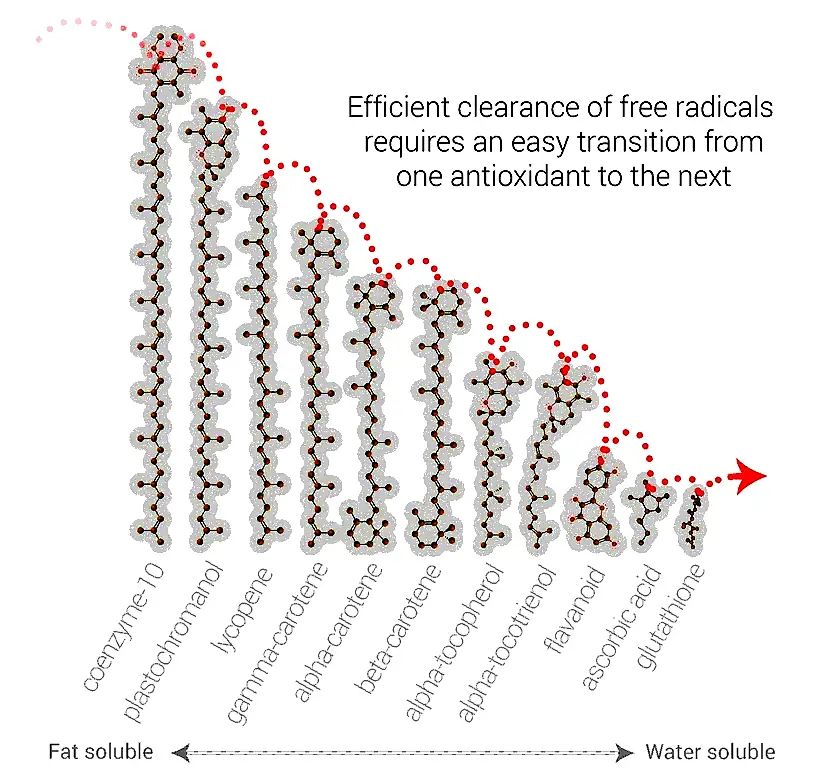
Also, it has been shown that different phytochemicals bind to different receptors and different proteins in our bodies (Murakami and Ohnishi, 2012). Every single phytochemical has a different receptor. There are a number of these receptors identified. EGCg, for example, is a main phytochemical in green tea and it has its own receptor. There are different binding proteins for phytochemicals in onions, grapes, broccoli, apples, and oranges and as time goes science will identify more and more receptors for thousands of different phytochemicals.
An antioxidant is an antioxidant in a molecular sense but in our bodies, they will exert a different mode of action by binding to different receptors.
We need to have a variety of foods on our plates. If we eat just meat, eggs, dairy, and refined sugar and fat in 100 different varieties our health will deteriorate.
Antioxidants requirements.
There are no phytochemical requirements for labeling food items. There is no phytochemical RDA. Phytochemicals are not vitamins. If we look at Fanta and orange juice the orange juice will be even worse in the amount of sugar that is in it. But because there is no labeling the whole list of phytochemicals is missing. So far the medical industry has done little to educate people on the importance of phytochemicals and research like this was only meant for a small group of scientists that are trying to develop different drugs based on them. Then phytochemicals will be prescribed as a medicine. Medical doctors like to talk a lot about prevention but that all comes down to weight management and maybe some exercise and maybe some refined food avoidance. Real education is hard to find and even MDs themselves are deprived of nutritional education in college. What science is saying is basically what most people know already instinctively or by folk traditions.
Plants are good for health and we should eat our fruits and veggies and avoid greasy sausages. The problem is that we don’t want to do it. We want greasy sausage with a beer. And even if we do eat vegetables, not all vegetables are made equal. If we have to compare kale with cucumbers, kale is a clear win. Some plants have more phytochemicals and are much more nutritious than others. The problem is that usually even when people chose fruits and vegetables, they chose the less nutritious ones.
Potatoes, cucumbers, Iceberg lettuce, bananas instead of sweet potatoes, kale, spinach, berries, and spices.
Conclusion:
- Never take supplemental antioxidants that will turn into pro-oxidants inside the body
- Never take supplemental antioxidants that need enzymatic pathways to be removed from the body, they might overrun the body’s natural defense mechanism, do your research before taking them
- Never take supplemental vitamin E, selenium, beta carotene, and lycopene- showed an increased risk of cancer in supplemental form
- Always take whole food sources of antioxidants before supplemental extracted forms because of the phytochemical synergies
- There is no wonder cure or substitute for a bad diet, there are only more potent supplemental antioxidant food sources like amla, turmeric, cacao, hibiscus, astaxanthin, or berries…
- Supplemental antioxidants are not a substitute for a bad diet with a nonexisting ORAC score even if it is whole food plant-based diet, learn your ORAC values
- There are only a few supplemental antioxidants that are proven to be effective and safe like liposomal vitamin C, curcumin or astaxanthin
FAQ
References:
Passages selected from a book: Pokimica, Milos. Go Vegan? Review of Science Part 3. Kindle ed., Amazon, 2020.
- Matlaga, B. R., Hall, M. C., Stindt, D., & Torti, F. M. (2001). Response of hormone refractory prostate cancer to lycopene. The Journal of urology, 166(2), 613. [PubMed]
- Kristal, A. R., Darke, A. K., Morris, J. S., Tangen, C. M., Goodman, P. J., Thompson, I. M., Meyskens, F. L., Jr, Goodman, G. E., Minasian, L. M., Parnes, H. L., Lippman, S. M., & Klein, E. A. (2014). Baseline selenium status and effects of selenium and vitamin e supplementation on prostate cancer risk. Journal of the National Cancer Institute, 106(3), djt456. https://doi.org/10.1093/jnci/djt456
- Gontero, P., Marra, G., Soria, F., Oderda, M., Zitella, A., Baratta, F., Chiorino, G., Gregnanin, I., Daniele, L., Cattel, L., Frea, B., & Brusa, P. (2015). A randomized double-blind placebo controlled phase I-II study on clinical and molecular effects of dietary supplements in men with precancerous prostatic lesions. Chemoprevention or “chemopromotion”?. The Prostate, 75(11), 1177–1186. https://doi.org/10.1002/pros.22999
- Lowe, G. M., Booth, L. A., Young, A. J., & Bilton, R. F. (1999). Lycopene and beta-carotene protect against oxidative damage in HT29 cells at low concentrations but rapidly lose this capacity at higher doses. Free radical research, 30(2), 141–151. https://doi.org/10.1080/10715769900300151
- Linnewiel-Hermoni, K., Khanin, M., Danilenko, M., Zango, G., Amosi, Y., Levy, J., & Sharoni, Y. (2015). The anti-cancer effects of carotenoids and other phytonutrients resides in their combined activity. Archives of biochemistry and biophysics, 572, 28–35. https://doi.org/10.1016/j.abb.2015.02.018
- Murakami, A., & Ohnishi, K. (2012). Target molecules of food phytochemicals: food science bound for the next dimension. Food & function, 3(5), 462–476. https://doi.org/10.1039/c2fo10274a
Related Posts
Do you have any questions about nutrition and health?
I would love to hear from you and answer them in my next post. I appreciate your input and opinion and I look forward to hearing from you soon. I also invite you to follow us on Facebook, Instagram, and Pinterest for more diet, nutrition, and health content. You can leave a comment there and connect with other health enthusiasts, share your tips and experiences, and get support and encouragement from our team and community.
I hope that this post was informative and enjoyable for you and that you are prepared to apply the insights you learned. If you found this post helpful, please share it with your friends and family who might also benefit from it. You never know who might need some guidance and support on their health journey.
– You Might Also Like –

Learn About Nutrition
Milos Pokimica is a doctor of natural medicine, clinical nutritionist, medical health and nutrition writer, and nutritional science advisor. Author of the book series Go Vegan? Review of Science, he also operates the natural health website GoVeganWay.com
Medical Disclaimer
GoVeganWay.com brings you reviews of the latest nutrition and health-related research. The information provided represents the personal opinion of the author and is not intended nor implied to be a substitute for professional medical advice, diagnosis, or treatment. The information provided is for informational purposes only and is not intended to serve as a substitute for the consultation, diagnosis, and/or medical treatment of a qualified physician or healthcare provider.NEVER DISREGARD PROFESSIONAL MEDICAL ADVICE OR DELAY SEEKING MEDICAL TREATMENT BECAUSE OF SOMETHING YOU HAVE READ ON OR ACCESSED THROUGH GoVeganWay.com
NEVER APPLY ANY LIFESTYLE CHANGES OR ANY CHANGES AT ALL AS A CONSEQUENCE OF SOMETHING YOU HAVE READ IN GoVeganWay.com BEFORE CONSULTING LICENCED MEDICAL PRACTITIONER.
In the event of a medical emergency, call a doctor or 911 immediately. GoVeganWay.com does not recommend or endorse any specific groups, organizations, tests, physicians, products, procedures, opinions, or other information that may be mentioned inside.
Editor Picks –
Milos Pokimica is a doctor of natural medicine, clinical nutritionist, medical health and nutrition writer, and nutritional science advisor. Author of the book series Go Vegan? Review of Science, he also operates the natural health website GoVeganWay.com
Latest Articles –
Plant Based News
-
This Vegan Mung Bean Scramble Looks and Tastes Just Like Eggs
on July 6, 2025
-
Vegan Black Rice And Peas
on July 6, 2025
-
Vegan Cheese Brand Miyoko’s Introduces Taco Blend ‘Shreds’
on July 5, 2025
-
Comforting Curried Veggies
on July 5, 2025
-
10 Vegan Summer Breakfast Ideas
on July 5, 2025
-
New Netflix Documentary Highlights Impact Of Fishing On Sharks
on July 4, 2025
-
NotCo And Doritos Launch Flamin’ Hot Plant-Based Chicken Nuggets And Mayo In Chile
on July 4, 2025
Top Health News — ScienceDaily
- Cough medicine turned brain protector? Ambroxol may slow Parkinson’s dementiaon July 6, 2025
Ambroxol, long used for coughs in Europe, stabilized symptoms and brain-damage markers in Parkinson’s dementia patients over 12 months, whereas placebo patients worsened. Those with high-risk genes even saw cognitive gains, hinting at real disease-modifying power.
- Multisensory VR forest reboots your brain and lifts mood—study confirmson July 6, 2025
Immersing stressed volunteers in a 360° virtual Douglas-fir forest complete with sights, sounds and scents boosted their mood, sharpened short-term memory and deepened their feeling of nature-connectedness—especially when all three senses were engaged. Researchers suggest such multisensory VR “forest baths” could brighten clinics, waiting rooms and dense city spaces, offering a potent mental refresh where real greenery is scarce.
- Pregnancy’s 100-million-year secret: Inside the placenta’s evolutionary power playon July 6, 2025
A group of scientists studying pregnancy across six different mammals—from humans to marsupials—uncovered how certain cells at the mother-baby boundary have been working together for over 100 million years. By mapping gene activity in these cells, they found that pregnancy isn’t just a battle between mother and fetus, but often a carefully coordinated partnership. These ancient cell interactions, including hormone production and nutrient sharing, evolved to support longer, more complex […]
- New tech tracks blood sodium without a single needleon July 6, 2025
Scientists have pioneered a new way to monitor sodium levels in the blood—without drawing a single drop. By combining terahertz radiation and optoacoustic detection, they created a non-invasive system that tracks sodium in real time, even through skin. The approach bypasses traditional barriers like water interference and opens up potential for fast, safe diagnostics in humans.
- Scientists reverse Parkinson’s symptoms in mice — Could humans be next?on July 6, 2025
Scientists at the University of Sydney have uncovered a malfunctioning version of the SOD1 protein that clumps inside brain cells and fuels Parkinson’s disease. In mouse models, restoring the protein’s function with a targeted copper supplement dramatically rescued movement, hinting at a future therapy that could slow or halt the disease in people.
- Tiny twitches, big breakthrough: New clues to catch Parkinson’s sooneron July 6, 2025
These findings highlight the significance of rearing behavior and behavioral lateralization as potential behavioral markers for tracking the progression of Parkinson’s disease.
- The surprising link between hearing loss, loneliness, and lifespanon July 5, 2025
People who treat hearing loss with hearing aids or cochlear implants regain rich conversations, escape isolation, and may even protect their brains and lifespans—proof that better hearing translates into fuller living.
PubMed, #vegan-diet –
- Health and environmental impacts of shifting to plant-based analogues: a risk-benefit assessmenton July 5, 2025
CONCLUSION: PBAs can be considered feasible alternatives to animal-based foods, and the results emphasise meat substitution as a crucial factor for health and environmental benefits.
- Exploring the role of gut microbiota in rheumatoid arthritis: the effects of diet and drug supplementationon July 2, 2025
Rheumatoid Arthritis (RA) is a chronic autoimmune disease that mostly breaks out at the joints. It further causes bone erosion and decreased life quality due to severe pain. Current drugs are mainly focused on reducing pain, but unable to terminate the disease progression. This study aims to determine the effect of diet types (Western, Vegan and Mediterranean) on RA progression. Some dietary supplements and drug administration (Huayu-Qiangshen-Tongbi formula or Leflunomide plus Methotrexate) […]
- Blood biomarkers of Alzheimer’s disease in Australians habitually consuming various plant-based dietson June 30, 2025
BackgroundEvidence suggests that plant-based diets (PBDs) may be protective against neurodegenerative diseases such as Alzheimer’s disease (AD).ObjectiveThis study examined associations between blood-based AD biomarkers in individuals 30-75 years without current or diagnosed cardiovascular disease following different PBDs versus regular meat-eating diets (RMEs).MethodsThis secondary analysis of the Plant-based Diets study measured Aβ(1-42)/Aβ(1-40), p-tau181, NFL, and GFAP in 237 plasma […]
- Zinc supplementation among zinc-deficient vegetarians and vegans restores antiviral interferon-α response by upregulating interferon regulatory factor 3on June 28, 2025
CONCLUSION: We identified zinc-dependent IRF3 expression as an essential cellular mechanism behind impaired IFNα response in zinc-deficient subjects. This may contribute to disturbed antiviral immunity and cause increased susceptibility to virus infections in vivo. Oral zinc supplementation effectively restored IRF3 and IFNα levels. Hence, nutritional interventions may become increasingly important in order to prevent health implications from micronutrient deficiencies among vegetarians and…
- Integrating comparative genomics and risk classification by assessing virulence, antimicrobial resistance, and plasmid spread in microbial communities with gSpreadCompon June 26, 2025
CONCLUSIONS: The gSpreadComp workflow aims to facilitate hypothesis generation for targeted experimental validations by the identification of concerning resistant hotspots in complex microbial datasets. Our study raises attention to a more thorough study of the critical role of diet in microbial community dynamics and the spread of AMR. This research underscores the importance of integrating genomic data into public health strategies to combat AMR. The gSpreadComp workflow is available at…
Random Posts –
Featured Posts –

Latest from PubMed, #plant-based diet –
- Health and environmental impacts of shifting to plant-based analogues: a risk-benefit assessmentby Catarina Carvalho on July 5, 2025
CONCLUSION: PBAs can be considered feasible alternatives to animal-based foods, and the results emphasise meat substitution as a crucial factor for health and environmental benefits.
- Low-Carbohydrate Diet Patterns That Favor High-Quality Carbohydrates Are Associated with Beneficial Long-Term Changes in Biomarkers of Inflammation and Oxidative Stress in the Framingham Offspring…by Ghaida F Aloraini on July 4, 2025
CONCLUSIONS: LCD patterns that preserved high-quality carbohydrates while replacing low-quality carbohydrates sources, such as refined grains and added sugars, with fat and protein were inversely associated with inflammation and oxidative stress score, potentially lowering chronic disease risk.
- Linking the Planetary Health Diet Index to sarcopenia: the mediating effect of the non-high-density lipoprotein cholesterol to high-density lipoprotein cholesterol ratio (NHHR)by Huan Chen on July 4, 2025
CONCLUSION: This study highlights the observed negative correlation between PHDI and sarcopenia, with NHHR acting as a partial mediator. These findings emphasize the potential importance of dietary patterns in strategies aimed at preventing sarcopenia.
- Design and conduct of a full diet-controlled, parallel, 2-week residential trial for diabetes prevention without weight loss in Asian Chinese and European Caucasian adults with prediabetes: the New…by Ivana R Sequeira-Bisson on July 4, 2025
BACKGROUND: The causal underpinning of increased metabolic risk and previously observed dichotomous plasma metabolome in Asian Chinese vs. European Caucasian remains undetermined and may be hypothesised as attributed to ethnicity (genetic background), pathology (dysglycaemia) and/or lifestyle (habitual diet). We aimed to investigate the underlying cause(s) and the effect of dietary intervention on biomarkers of type 2 diabetes (T2D) in cohorts with prediabetes. The diets are a generic current…
- Comparison of digestive capacity in broilers raised on diets with or without soybean mealby Xiaomeng Ye on July 4, 2025
The objective of this study was to investigate the digestive capacity of broilers raised on diets with or without soybean meal, and evaluate the impact on the determination of metabolizable energy (ME) in feed. Two hundred and eighty-eight 7-day-old Arbor Acres male broilers were divided into 6 blocks based on initial body weight (BW). Within each block, 48 broilers were randomly assigned to one of the two types of diet: a corn-soybean meal diet (CSMD) and a corn-based soybean meal-free diet…
- Dietary Patterns and Incident Chronic Constipation in Three Prospective Cohorts of Middle- and Older-aged Adultsby Yiqing Wang on July 4, 2025
CONCLUSION: Our findings suggest that dietary patterns emphasizing plant-based foods and healthy fats may protect against constipation, informing future dietary interventions and treatments for chronic constipation.

